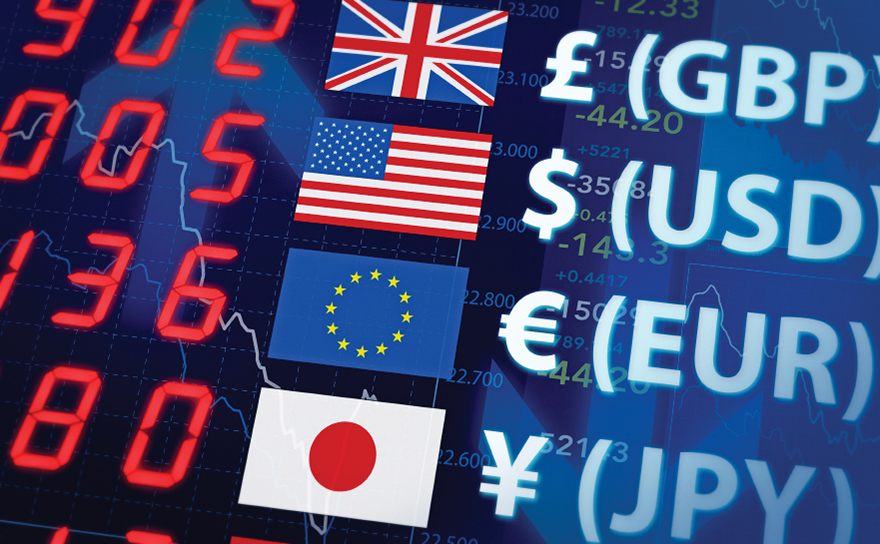Household Bills
Currency sale: could you bag a better rate on your last minute holiday?

It’s the end of the summer holidays and ironically, the pound has recovered some of its lost ground since the Brexit vote. But could the Asda currency sale help boost sterling further for a last minute get-away?
Until 8am Monday 12 September, Asda Money said it will offer even better rates on some of the most popular currencies as part of its sale.
If you’re heading on a last minute get-away, the value of sterling has recovered in the past week (GBP/EUR hit a high of 1.20), meaning you’ll get more euros for your pound than at any point over the last month, according to No1 Currency.
Against the dollar, the pound is at its highest level in nearly two months, hitting 1.34 GBP/USD.
The Asda currency sale is available online and over the phone (0800 260 0355) and it’s on all currencies, including the euro, dollar, Croatian Kuna, Turkish Lira and Mexican Peso.
You can collect the currency from a local Asda Travel Money bureau for free or you can opt for free home delivery for orders over £500. For orders between £50 and £499.99, its will cost £3.95 for delivery.
If you have an Asda Money currency card, you can also take advantage of the sale.
How does it compare?
Based on today’s rates (GBP/EUR 1.18), if you’re exchanging £500, you’d receive €581.95 at Asda, compared with €571.45 at M&S, €579.60 at the Post Office, €581.80 at Tesco and €579.50 at Sainsbury’s.
However, it’s always best to compare currency before you exchange to ensure you snap up the best rate.
Make sure you take the correct currency for your destination
Almost a quarter of Brits have taken the wrong currency on holiday, according to new research from Airport Parking and Hotels (APH).
Its study revealed that holidaymakers struggle with which countries use the euro as 23% have been left with the wrong money in their pocket for their destination, despite the euro entering circulation in January 2002.
When asked which countries the 1,000 people surveyed believe use the euro, just 26% correctly picked the popular tourist destination of Malta, while 68% incorrectly said Cyprus doesn’t use the euro. Nearly half (47%) thought Portugal had its own currency.
You can use APH’s currency guide to find out which countries use the euro either as their only currency or as an additional payment method.